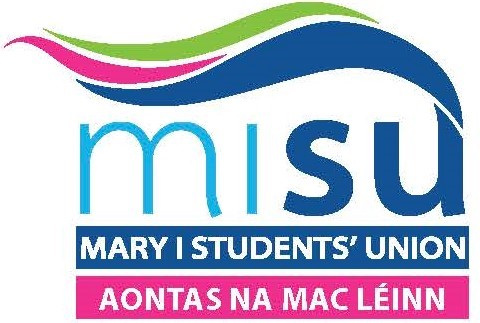Cheating and plagiarism in an academic environment are taken very seriously and if you get caught, there are some rather serious penalties.
If you want to find out more, check out your Student Handbook.
It is important to note that students should be mindful when working on individual assignments together, as this can lead to unintentional cheating. If you and your friends have individual assignments to do, it is best to do them alone. If you need help you should contact your lecturer/tutor/module coordinator or reach out to This email address is being protected from spambots. You need JavaScript enabled to view it.. More of this is covered under 'Syndication'.
Cheating:
What’s involved?
If you attempt to gain an unfair advantage during an exam or break any of the college’s exam conduct rules this is seen as cheating. To make sure that you’re not accused of cheating in an exam it’s vital that you do not:
- Copy from another student’s exam
- Communicate in any way with anyone other than the exam supervisors (invigilators)
- Bring anything that you’re not meant to into the exam hall, such as pencil cases, notes, etc.
- Copy from notes or books while in the exam
- Take any exam booklets from an exam room - even if you haven’t written on them
- Take mobile phones into an exam - even if they are switched off
- Break any of the exam procedures set out by the college.
The college takes cheating very seriously. It is considered as a type of ‘academic fraud’ and an attempt to trick the examiners into giving you higher marks that you may not have achieved otherwise.
Syndication:
What is it?
Producing a piece of work jointly OR copying someone else’s work and passing it off as an individual effort.
Why people do it
Syndication is usually unintentional. Students are often unaware of the fact that two or more of them cannot submit the same work unless they are specifically instructed that a piece of work is to be produced jointly with other students. Students can also be unaware that they cannot submit the same work for two different assignments, even if it is their own, without referencing it.
How to avoid it
You must ensure that the work which you submit has been prepared by you alone. Obviously, copying someone else’s work without their knowledge is also cheating. It is also considered an offense to share your own work with another student as they potentially could cheat on your work. You could be held accountable. If an issue like this arises, contact the relevant lecturer or Head of Department immediately in order to protect your own interests.
It can seem innocent to work together with your friends/partner/class mates on an assignment, but unless it is a specific GROUP ASSESSED PROJECT OR ASSIGNMENT, the best approach is to NOT WORK TOGETHER.
Plagiarism:
What is it?
Presenting another person's work or ideas as your own.
Why people do it:
If under pressure, it can feel like it’s easier to copy and paste.
Why people shouldn’t do it:
Plagiarising and any other form of cheating are dealt with pretty severely. Just bear in mind that YOU WILL BE CAUGHT and there are some serious penalties involved. Basically, you can be kicked out of the college for it and if that happens, your chances of getting into another are pretty slim. It can literally be academic death!
How to avoid it:
It’s all about time management. Start your assignment early. When people are tired and stressed they do stupid things –such as looking up Wikipedia, while it may be tempting, is not the answer. Solution: When you get your essay title, make it your business to get it out of the way as soon as possible. Your brain works better when you are relaxed. Trust us on this one.
How will lecturers know if I plagiarised?
If a lecturer believes an assignment has been plagiarised, the department (and possibly the college) will investigate the case. Where a student is found guilty, a penalty will be imposed.
If you read anything in the college’s Student Handbook read the section on cheating and what can happen to you if you’re caught.
Useful Links:
Useful Contacts:
This email address is being protected from spambots. You need JavaScript enabled to view it.
